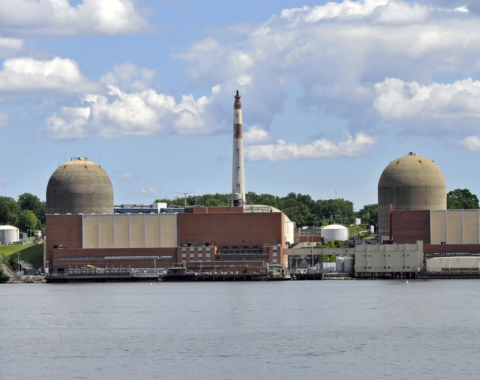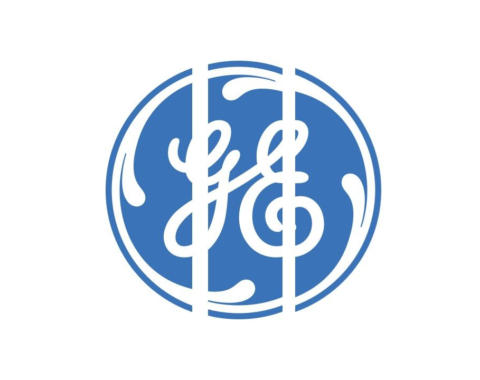In 2000, NuScale began, based on research funded by the US Department of Energy and conducted by Oregon State University, Idaho National Laboratory (INL), and other colleges. However, the research grant ended in 2003, but a group of scientists at Oregon State University continued the work. They built a test lab at one-third the actual scale of the technology and inherited related patents from the university in 2007, in exchange for a small equity in the company and NuScale was founded that same year. NuScale began seeking certification with the NRC (Nuclear Regulatory Commission) in February 2008.
By 2011, NuScale had raised $35 million in financing and had 100 employees in three cities: Tigard, Oregon; Richland, Washington; and Corvallis, Oregon. In October of 2011, Fluor Corporation acquired a majority interest in the company for $3.5 million and promised almost $30 million in working capital. In a separate agreement, Fluor gained the rights to construct NuScale-based power plants.
In December 2013, NuScale won up to $226 million in “cost-sharing” funding to share the expense of pursuing government approval, through the SMR Licensing Technical Support program. This was followed by an agreement in May 2014 for up to $217 million in funding over a five-year period, whereby the Department of Energy would match private funding. In December 2012, co-founder and CEO Paul G. Lorenzini was succeeded by current CEO John Hopkins.
In March 2012, NuScale signed an agreement with the Department of Energy (DOE), allowing NuScale and two partners to build and operate a NuScale-based nuclear power plant at the SRS (Savannah River Site). In April, Energy Northwest said it didn’t have any immediate plans to construct a nuclear power plant but had evaluated all the available SMR technologies and identified NuScale as the best available option at the time.
In July 2013, NuScale announced an effort to study and demonstrate NuScale reactors in the western United States, called Program WIN (Western Initiative for Nuclear), with plans to build the first NuScale-based power plant in the western United States by 2024. In November 2014, NuScale announced it was building what is expected to be the first SMR in the US in Idaho. The plant is for the Carbon Free Power Project with Utah Associated Municipal Power Systems (UAMPS). The company submitted its designs to the NRC in January 2017, and if approved hoped to complete its first plant in 2026.
In January 2018, the NRC agreed that the NuScale SMR does not need back-up power.
In August 2020, the NRC issued a final safety evaluation report for NuScale’s small modular reactor design, certifying the design as having met the NRC’s safety requirements. NuScale plans to apply for a standard design approval of a 60-megawatt-per-module version of the design in 2022, which if accepted will allow the company to pursue its first reactor deployment in the mid-2020s. In 2020, NuScale received U.S. Nuclear Regulatory Commission approval on its SMR design, the first design approval for a small commercial nuclear reactor. SMRs have a smaller footprint, capacity, and anticipated cost than traditional high-capacity nuclear power plants
In 2021, NuScale received investments from two Japanese companies, JGC Corporation and IHI Corporation, which together formed JNI (Japan NuScale Innovation). At this time, JNI became the second-largest investor in NuScale Power (~9 percent). In November 2021, NuScale announced its intent to build with Nuclearelectrica its first SMR reactors outside the US, in Romania, as early as 2028. In December, NuScale Power and Spring Valley Acquisition Corporation reached a merger agreement with an estimated enterprise value of $1.9 billion. Under the agreement, NuScale would receive up to $413 million of gross cash proceeds, including a $181 million private investment anchored by Samsung C&T Corp., DS Private Equity, Segra Capital Management, and Pearl Energy. NuScale said it would use the proceeds to fund its path to commercialization and expected no additional capital requirements between closing and achieving positive free cash flow. Following the merger, Fluor was projected to be a 69% owner of the company.
In February 2022, NuScale and a large mining conglomerate KGHM announced signing of a contract to construct their first operational reactor in Poland by 2029. In April, JNI and Japan Bank for International Corp. (JBIC) bought $110 million in NuScale Power equity from Fluor Corporation. However, Fluor remains the majority owner of NuScale. JBIC is a policy-based financial institution of the Japanese government that conducts lending, investment and guarantee operations while complementing private sector financial institutions. The country recently began discussions on a new clean energy strategy to reach net-zero by 2050, with development of nuclear technology seen as playing a key role.
Fluor will continue to provide NuScale with engineering, procurement, project management and construction of its energy projects.



